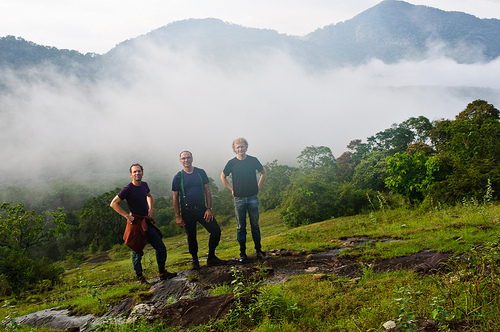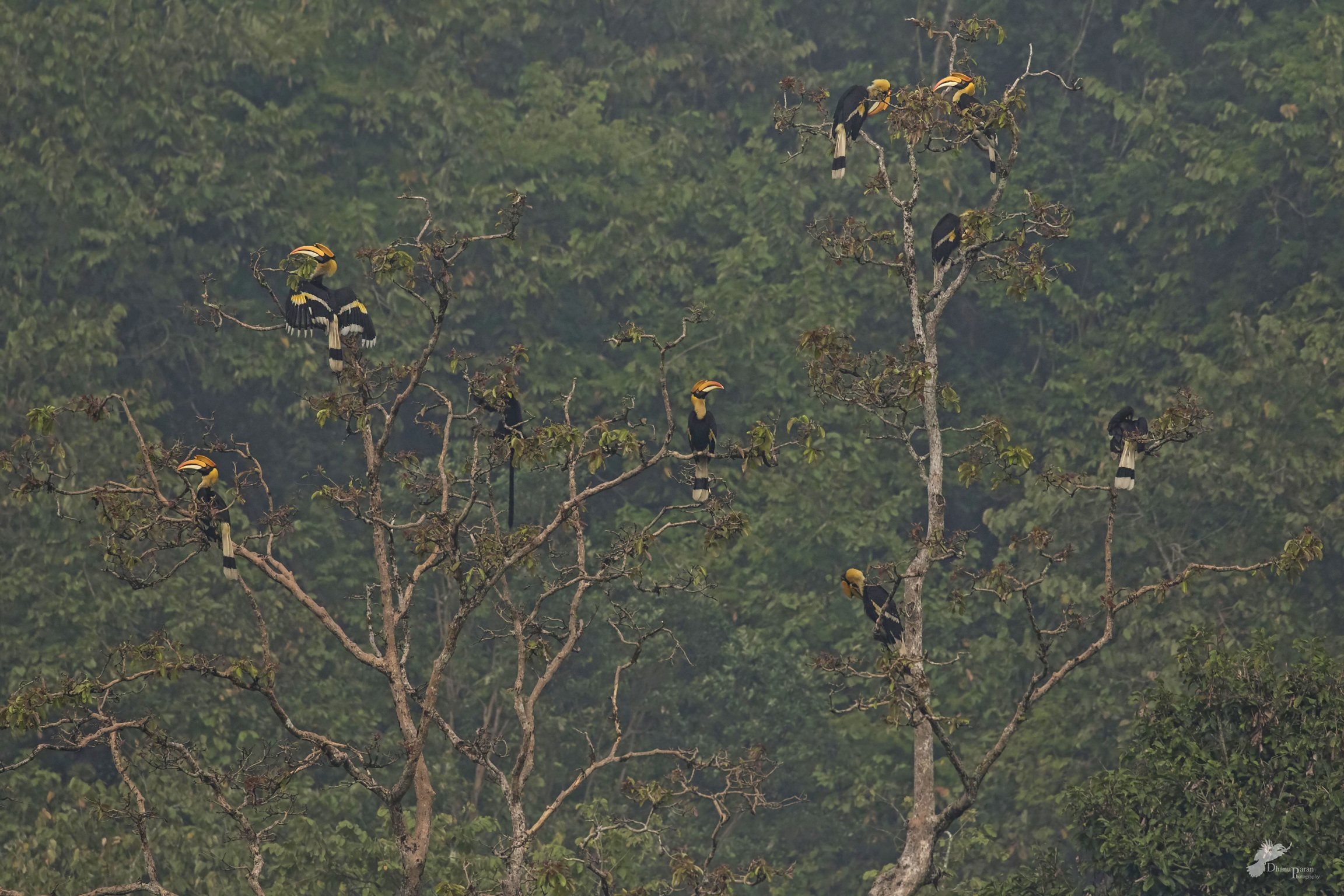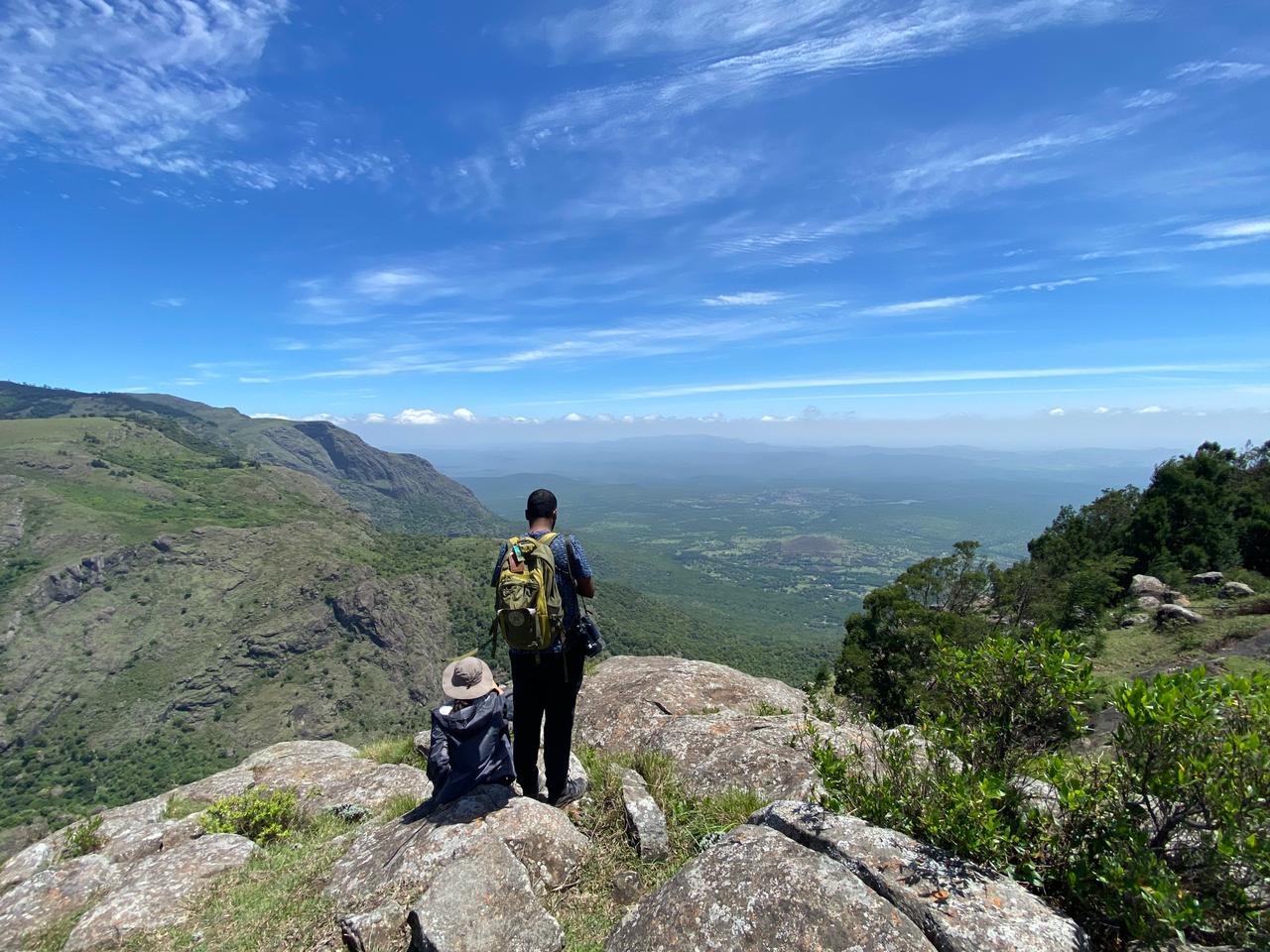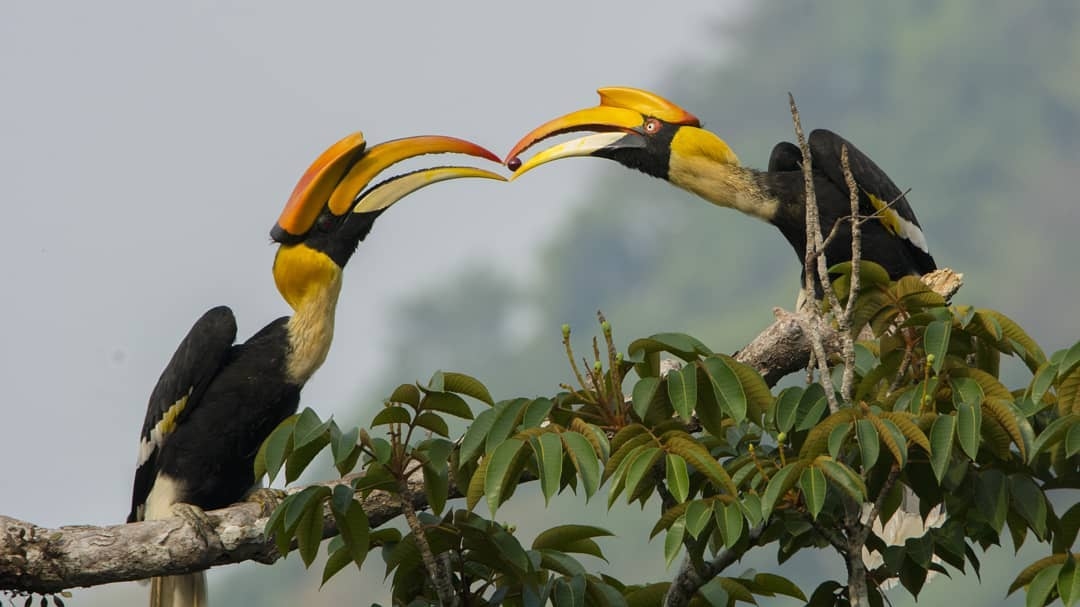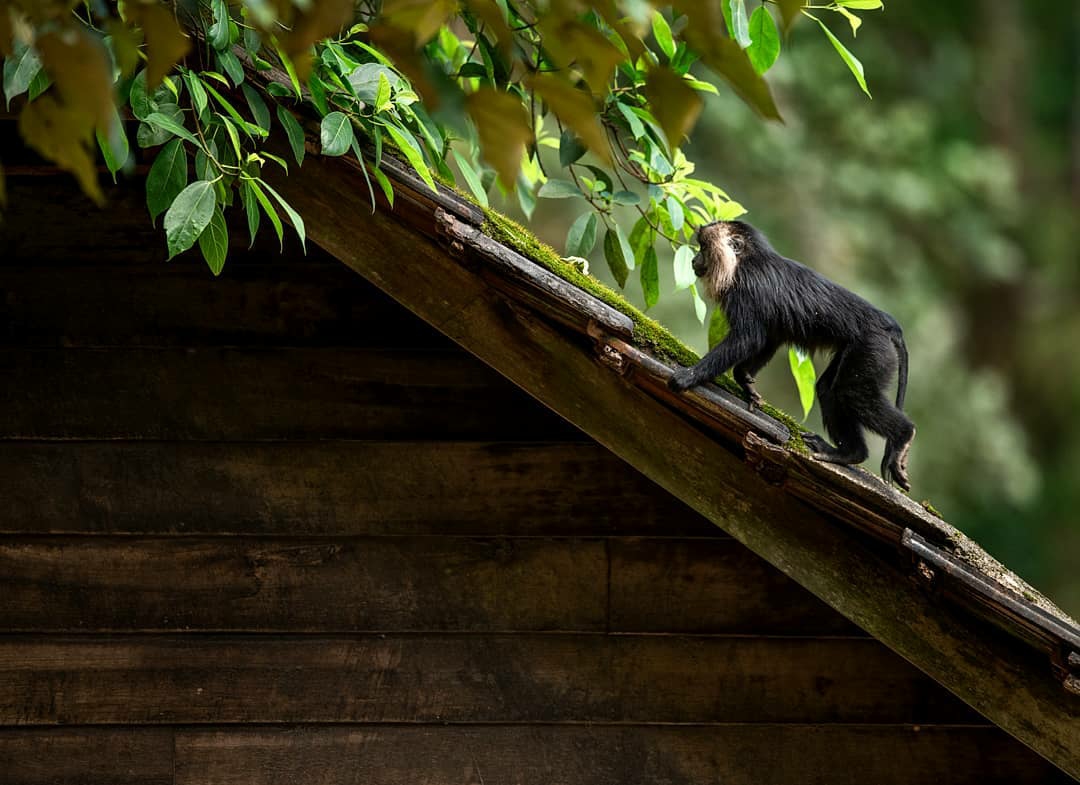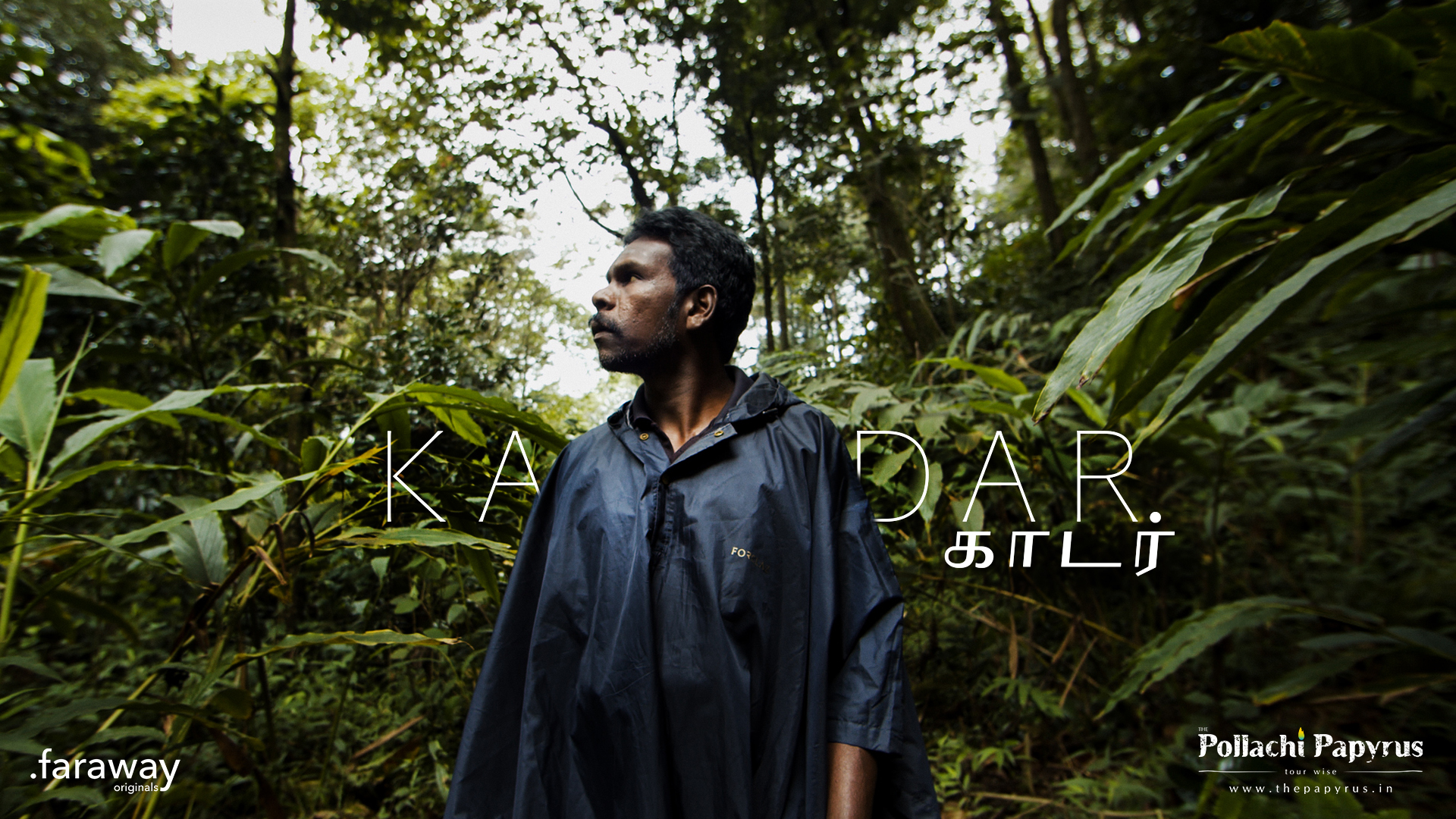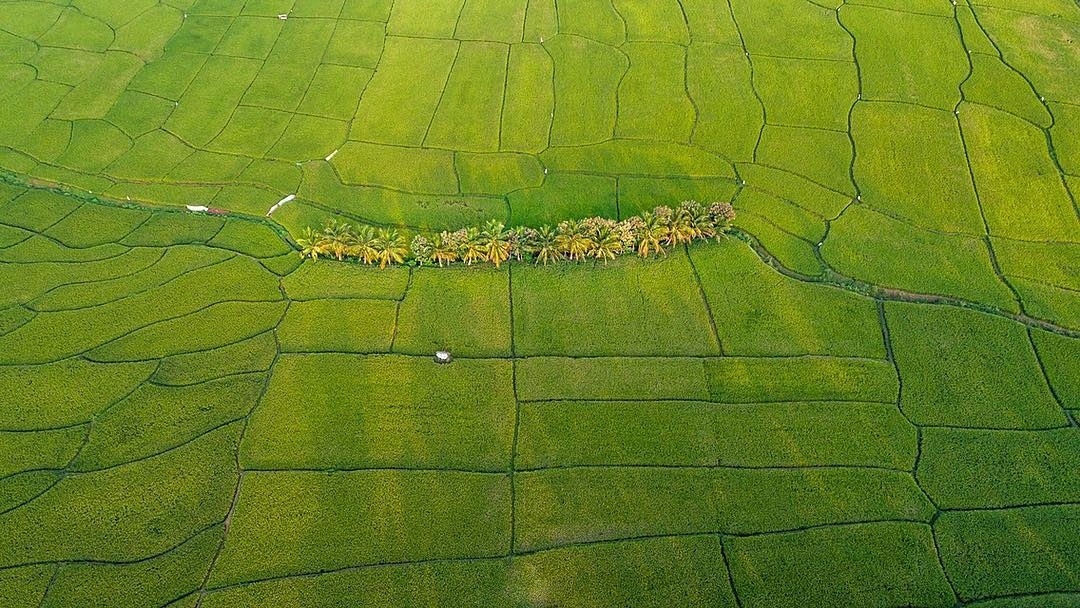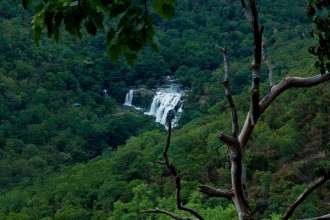Come with us, and we will tell you a story. In fact, you can be a part of the story. It is called ‘The Cotton Trail’. It is 300 kilometers long, and leads you from the elephant corridors in one state of South India to the home of tigers in another.
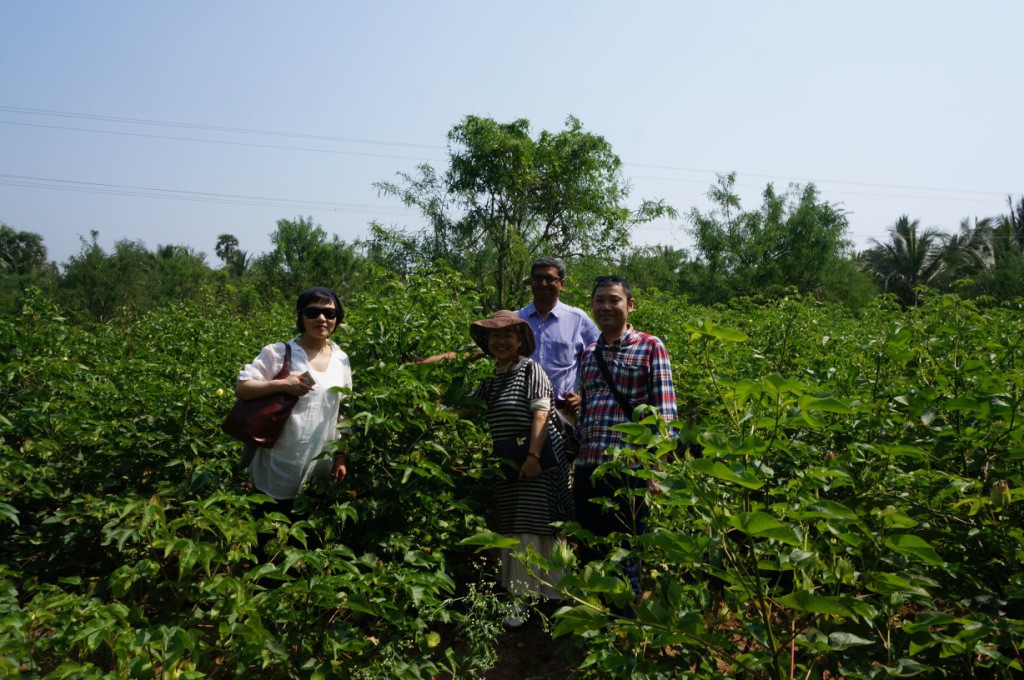
It unfolds in a tiny swatch called Kabini in the state of Karnataka. Kabini is still an idyllic place. It is home to elephants, deer, wild dogs and runs wild with rare plants. Birds make their nests in the tall trees. A river runs through it.
The story meanders across Kabini through cotton farms, it rests at tranquil villages, prays at ancient temples and roams the lands of kings and queens. It crosses forests and hills till it enters into the other south Indian state of Tamil Nadu, where the big cats roam. The story involves 200 farmers, 400 hectares of land covering 15 tribal hamlets.
The Cotton Trail is not merely about picturesque terrain. It is an odyssey and your presence in the script could give the story a happy ending. Why? Because, this corner of paradise is endangered. The ever growing menace of environmental degradation, man-animal conflict, and growing poverty of the farmers looms large.
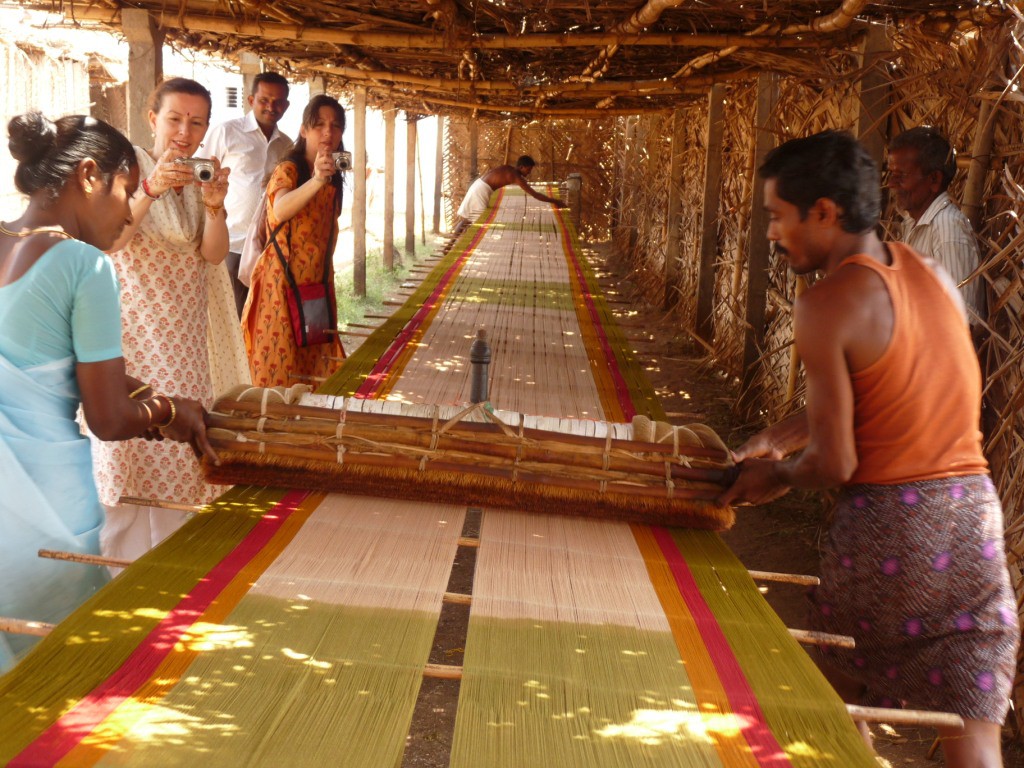
But, all is not lost yet. Some real life heroes are doing everything they can to hold on to paradise. They are the cotton farmers who have tilled and walked this land for years. Not just any farmers, but 165 eco cotton farmers who have withstood temptation. They refuse to grow the more remunerative conventional or Bt cotton. They refuse to stand around watching their beloved earth getting defiled and poisoned. They love their land. They have given away acres of land to create the Kabini Reservoir. Thousands of elephants have benefited from this move.
You could join them in their crusade. You could also view the elephants as they go about their business from the machans each farmer has on his land. Partnering them in their endeavour is Appachi Cotton of Pollachi. The organization touches many initiatives along the Cotton Trail. It empowers the cotton farmers to go organic, it shares the burden of their certification, gives a corpus fund, ensures fair pricing and fosters an ethical and symbiotic relationship with them. Appachi Cotton also sustains elephant reserves along the way and supports the tiger reserve. It runs a school with 850 children. Most excitingly, it gives a second lease of life to cotton handloom weavers, who would otherwise have faded into oblivion.
In many ways, the cotton trail is also the story of the handloom. As a cotton trailer, you follow in the footsteps of a cotton pod, right from the time it is sown, nurtured and harvested. Hold on to the bundle of cotton the farmer will gift you. It will take you to a surprising twist in the tale. The story forges a tenuous link between the farmer and the weaver.
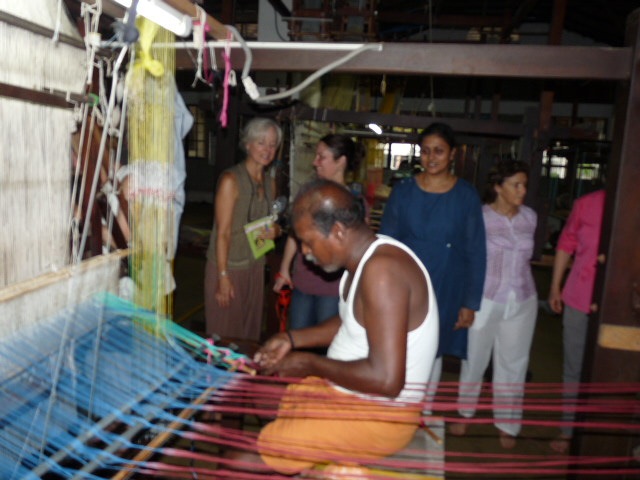
Travel to the home of the handloom weaver and watch how the cotton metamorphoses into a thing of beauty. Learn about one of India’s national treasures – the handloom weaver. He holds in his heart, mind and fingers the ancient craft of weaving. Watch him weave the colorful yarns. Each length of fabric he creates is a testimony to an ancient handicraft thousands of years old.
But, this may change. The art of weaving may vanish without a trace. Unless, you change the story, throw the weaver a lifeline, and tell him he is not alone.
You are central to the Cotton Trail story. Your journey from Kabini to Pollachi could help preserve the peace and tranquility of this corner of India, pull it back from environmental disaster and reclaim and restore the pride of handloom weavers. It could be a happily-ever-after story. Would you author it?

